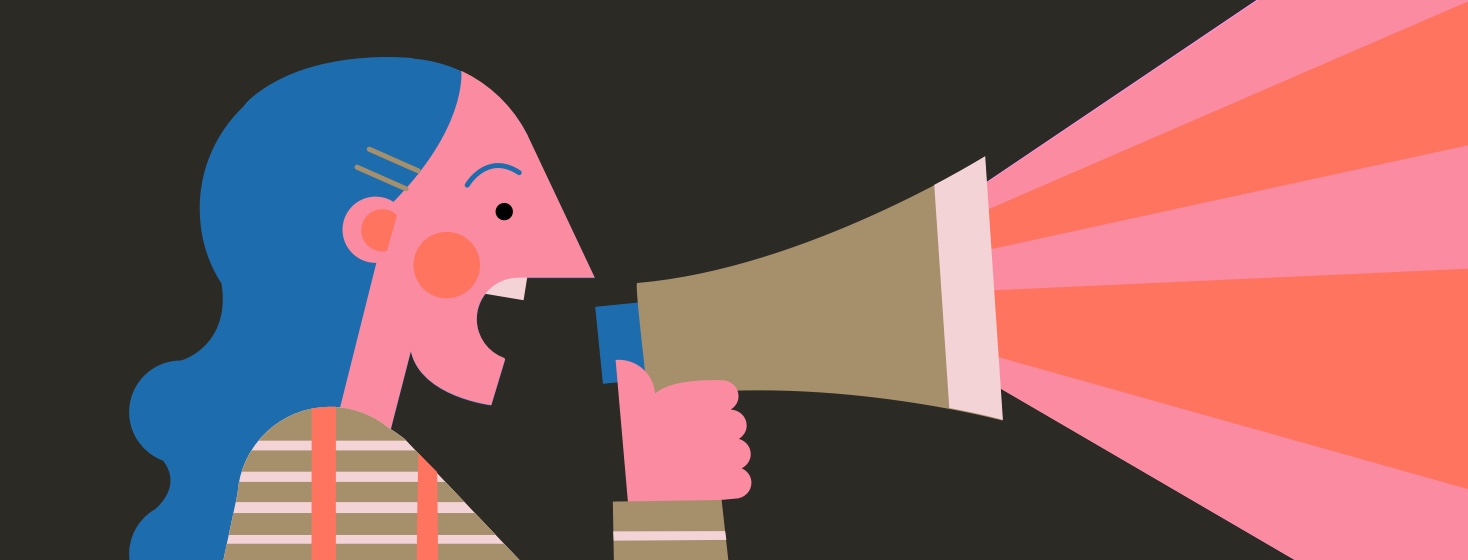Don't be Silent about Period Pain
In the 12 November edition of the the Journal of Pediatric and Adolescent Gynecology, Dr Mike Armour, a clinical advisory committee member for Endometriosis Australia, published a study that surveyed 4,202 adolescent and young Australian women aged 13 to 25 about menstrual health literacy and menstrual management. The survey found that the majority of women surveyed did not seek medical help for their menstrual pain, but self-medicated with over-the-counter medication such as ibuprofen. Despite having period pain, the majority of women surveyed thought their pain was normal.1
It is safe to assume that the above-quoted percentages are not unique to Australia. Considering that 10-20% of women in the US suffer from endometriosis, it is staggering that the majority of them won’t seek medical help with their pain. There are a number of possible reasons for this.
5 ways to get involved
Doctors have dismissed their pain in the past
As anyone with endometriosis will tell you, doctors aren’t particularly understanding of the pain we experienced. The majority of us have been dismissed by our doctors for our complaints at one point or another. If a doctor dismisses you, it’s only natural to seek help elsewhere.
Women don’t know what level of pain is “normal”
There is a shocking lack of menstrual education. Combine that with the aura of taboo that hangs over anything to do with menstruation and it’s no wonder young women have no frame of reference when it comes to period pain. If you don’t know your level of pain is abnormal, you’re not likely to seek medical help.
Women don’t have enough information about endometriosis
This ties in with point 2 above. Young women receive a deplorably low level of education about menstruation. Hardly ever are women’s issues, such as endometriosis, included in sex education. Without information on endometriosis, it’s harder for young women to find a doctor to treat their pain.
We cannot allow this to continue. Young women shouldn’t be left to their own devices when it comes to period pain. I’m grateful that organizations such as Endometriosis.net exist to spread awareness of this disease. I really wish that things would have improved since I had my first period thirty years ago, but I am hopeful that the tide is turning.
Don't be silent about period pain
If you’re a young woman struggling with painful periods, don’t try to self-medicate. While over-the-counter medications are great for minor pains, they won’t help enough for endometriosis pain. Be loud. Arm yourself with knowledge and demand to be taken seriously. Change doctors if your pain is dismissed and never stop being your own advocate.
There should be no reason for women to suffer pain needlessly. If enough of us make a noise about our pain, maybe the medical profession will be forced to sit up and take note. We shouldn’t have to make do with our own self-medication, whether it includes actual medication, or yoga, meditation or diet change. Those are all valid treatments for period pain, but when you have endometriosis, you need a lot more than that. And you deserve it. So go make a noise!

Join the conversation